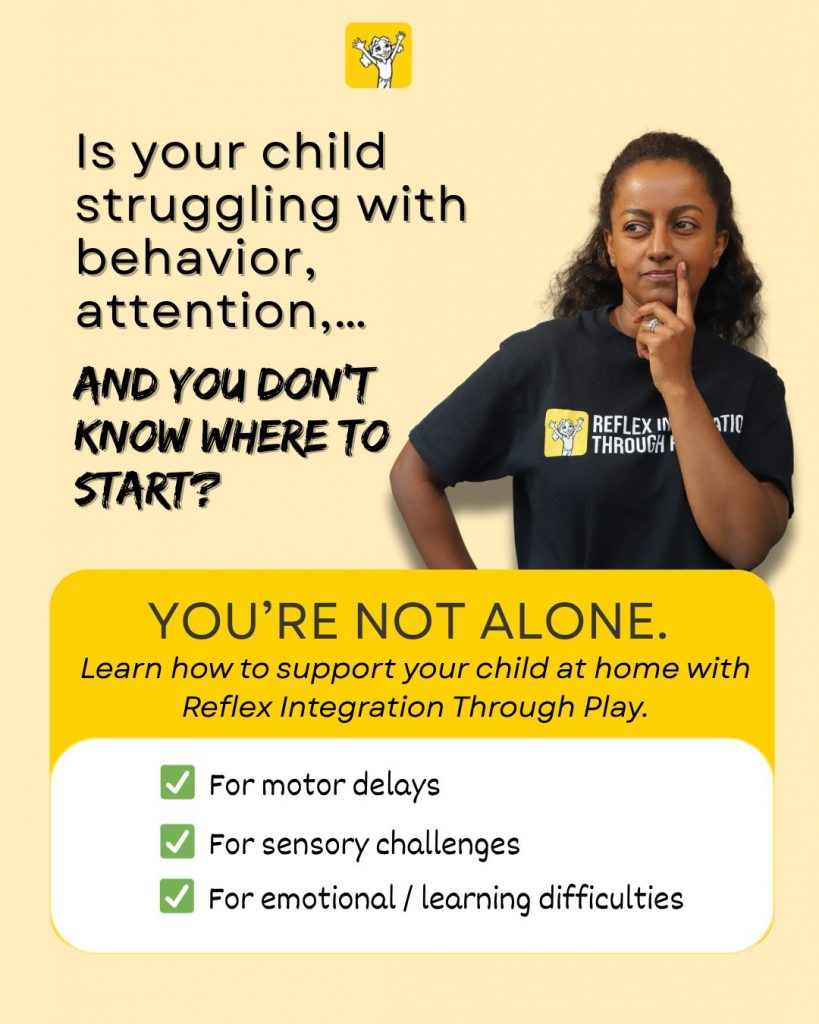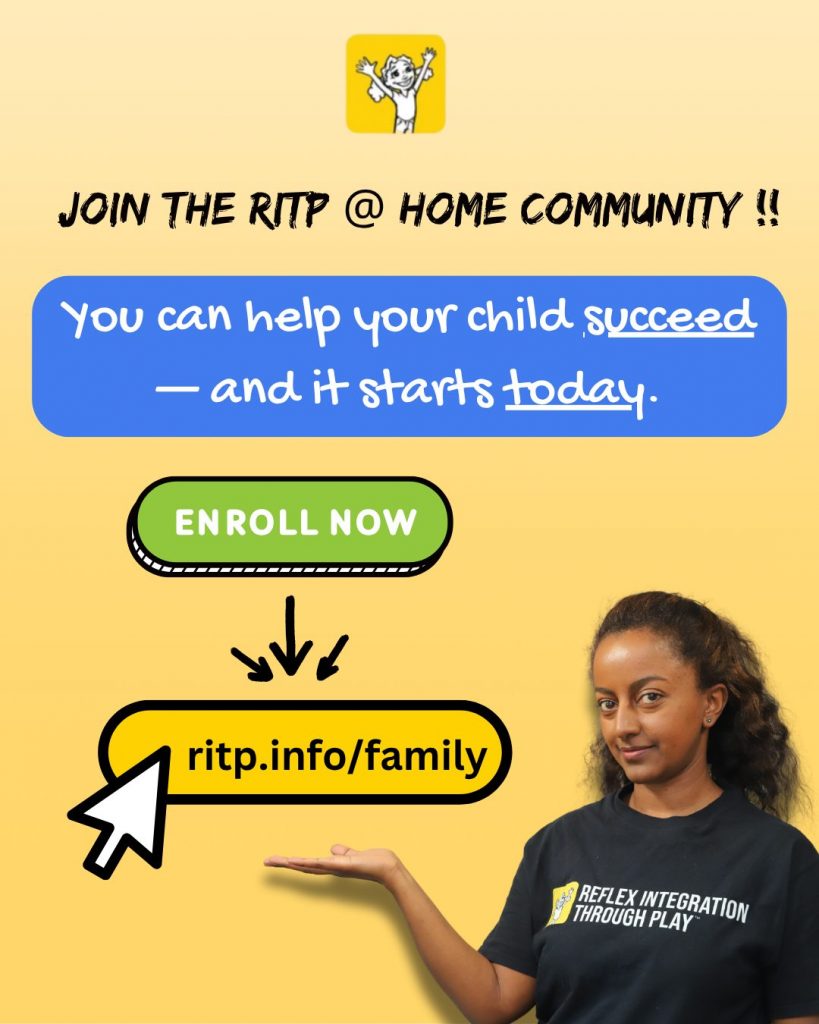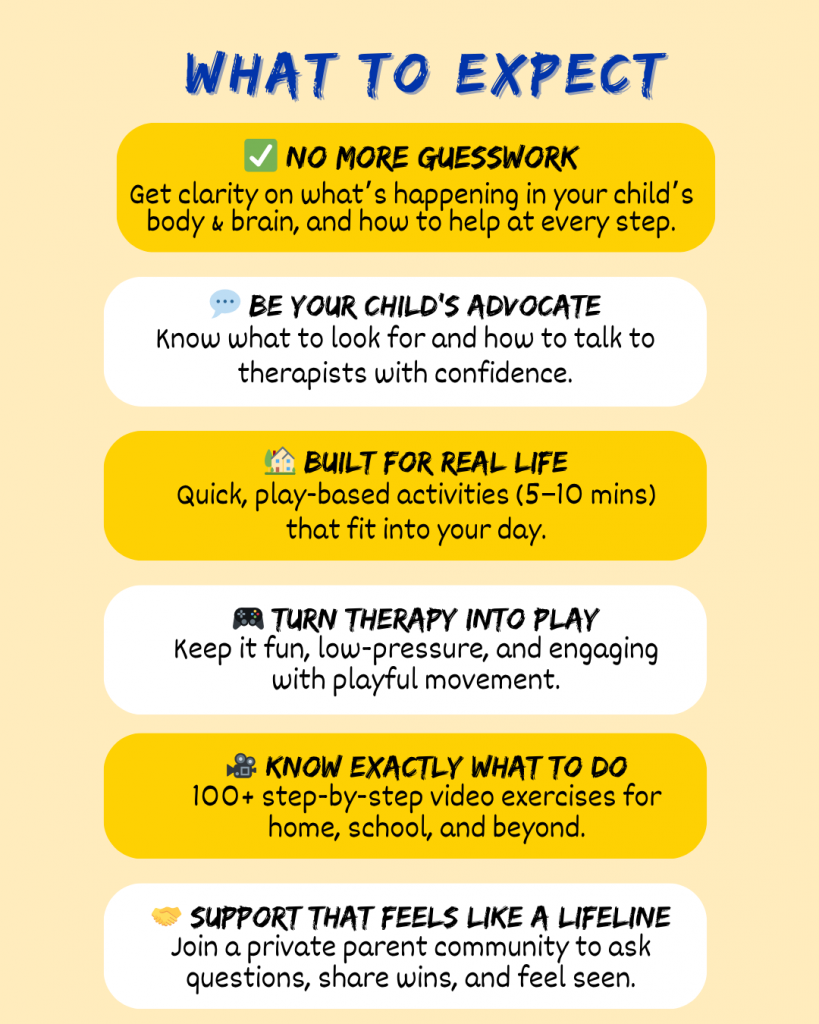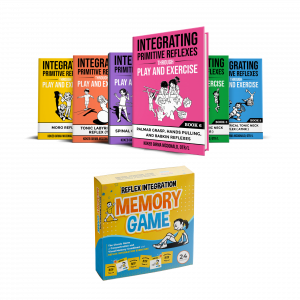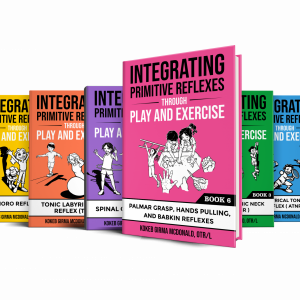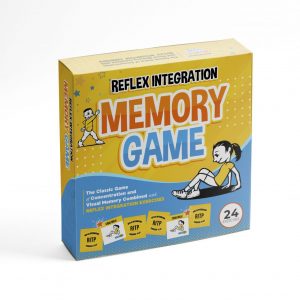In this enlightening episode of the Reflex Integration Through Play (RITP) Podcast, host Kokeb McDonald is joined by Fran Rubio-Katz for a conversation that every parent, therapist, and educator needs to hear—especially if you’ve ever struggled to stay calm in the heat of the moment.
Together, Kokeb and Fran explore one of the most critical (but often overlooked) aspects of supporting children with developmental or behavioral challenges: managing your own triggers first.
Understanding Brain States and Triggers
The episode begins with a discussion on brain states—a concept drawn from Conscious Discipline that explains how our brains function under stress. Fran breaks down the three main brain states:
- Survival State (brainstem): “I’m safe”
- Emotional State (limbic system): “I’m loved”
- Executive State (prefrontal cortex): “I can learn and solve problems”
Most importantly, she explains how being stuck in a survival or emotional state makes it nearly impossible to respond rationally—whether you’re a caregiver trying to help a child or a parent navigating daily stressors.
As Fran puts it, “The work starts with us. If we can’t identify and regulate our own state, we can’t expect kids to learn how to do it either.”
Real-Life Triggers and How to Manage Them
Throughout the episode, Fran shares real-life examples of common triggers: a child screaming in a classroom, a parent questioning your methods, a client resisting therapy. Rather than spiraling into shame or reactivity, Fran encourages listeners to get curious:
- What does your body feel like in that moment?
- Are your shoulders tight? Is your breath shallow?
- What story are you telling yourself?
She explains how those physical symptoms are clues from the nervous system, and learning to notice them is the first step toward self-regulation.
Then comes the practical part. Fran offers specific tools and techniques to stay grounded during tough moments—from deep breathing to “naming your state” to self-talk strategies that interrupt the pattern of dysregulation.
Teaching Self-Regulation to Children Starts with Modeling
Fran emphasizes that we often try to teach kids to calm down without first modeling what calm looks like. Kids—especially those with unintegrated reflexes or trauma histories—mirror the adults around them. If we’re not practicing regulation ourselves, we can’t expect them to do it either.
Kokeb and Fran touch on the importance of:
- Narrating your emotional state out loud (e.g. “I’m feeling a little overwhelmed, so I’m going to take a few deep breaths.”)
- Repairing when you get dysregulated (because we all do!)
- Creating consistent routines that support nervous system safety
This part of the episode is especially relevant for RITP practitioners who are working with both children and parents. It’s a reminder that our role is not just to deliver techniques—it’s to model the way forward.
Collaborating with Parents and Building Trust
Later in the conversation, Fran shares insights on how to partner with parents who may be feeling overwhelmed, defensive, or even skeptical. The key, she says, is compassion and co-regulation. When a parent feels safe and understood, they’re more likely to engage in meaningful change.
Instead of correcting or lecturing, Fran invites providers to lead with empathy and meet parents where they are.
“Regulation is contagious,” Fran reminds us. “If we can stay grounded, calm, and connected, others will begin to mirror that—even if it takes time.”
A Toolkit for Calm, Connection, and Coregulation
The episode wraps up with an exciting announcement: Fran’s upcoming workshop, “Mindfulness in Action: A Toolkit for Calm, Connection, and Coregulation.”
This immersive experience is designed for educators, therapists, and caregivers who want to:
- Better understand their own nervous system responses
- Build a toolbox of mindfulness-based techniques
- Improve relationships with children and families
- Regulate in real time—so they can show up as their most grounded selves
It’s not just about theory—it’s about putting mindfulness into action, especially when things get hard.
Whether you’re new to RITP or deep in the work already, this episode is a heartfelt reminder that the most powerful tool you bring into any room is your regulated nervous system.
🎧 Tune in now to hear the full episode—and walk away with fresh tools, deeper insights, and a renewed sense of calm.
Parents: Are you tired of daily struggles with focus and attention, homework meltdowns, or motor delays?
The RITP Family Bundle helps kids move better, focus longer, and feel calmer — all through simple, play-based exercises that fit into real life.
Ever tell yourself, ‘I’ll stay calm today!’ but still snapped before breakfast? If so, you’re not alone!
We can help you learn how to show up calm, steady, and ready to co-regulate—even when things get hard.
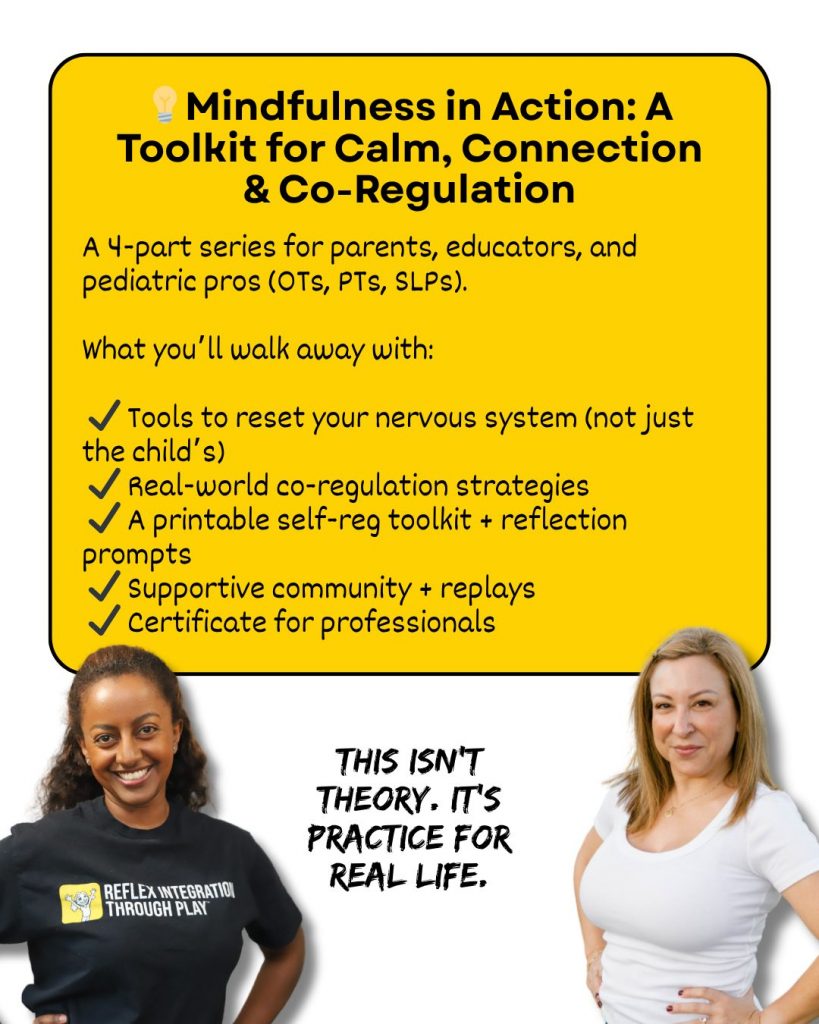
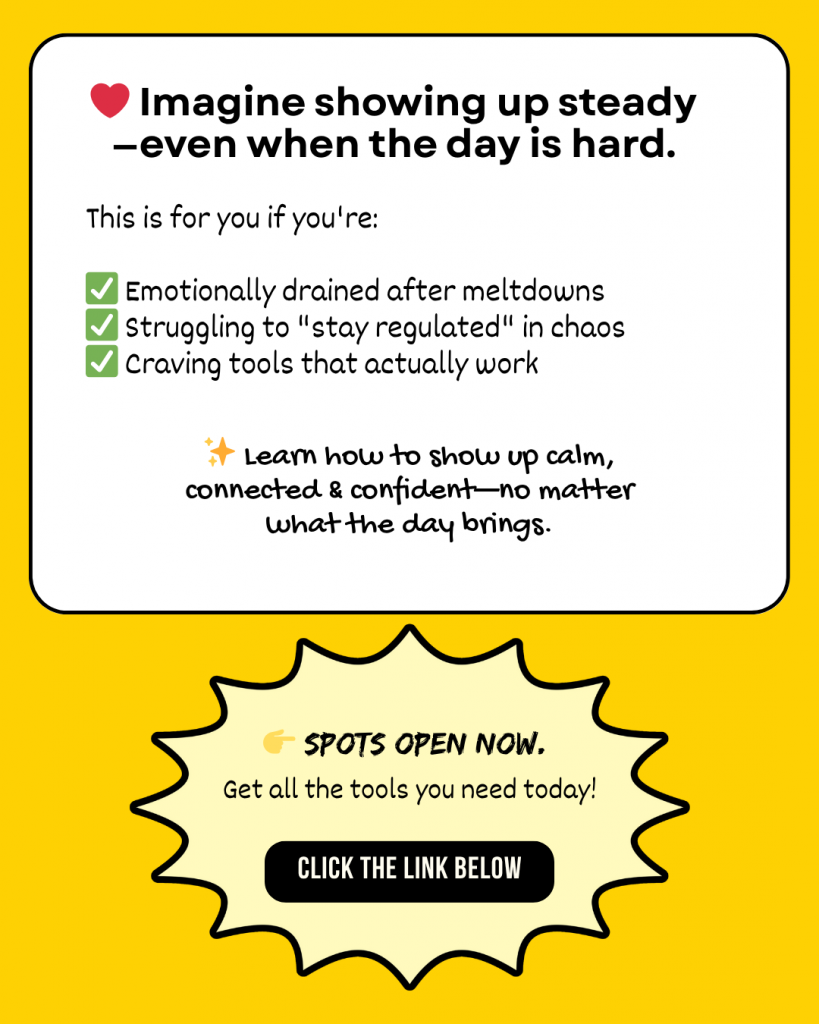
Parents, educators, and pediatric professionals do emotional labor every day—whether it’s calming a meltdown, guiding a classroom, or supporting clients in therapy. This 4-part series is for you—the grown-ups behind the regulation. It’s designed to help you stay calm, centered, and confident, even during tough moments.
For parents, educators, and pediatric professionals who support children through big emotions and challenging moments.

